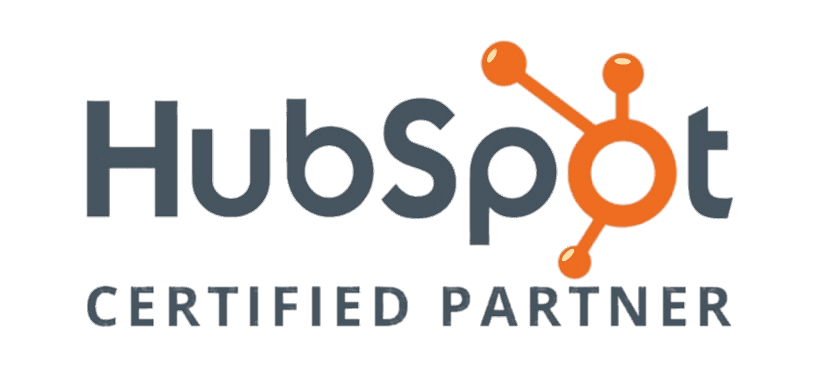HOW TO IMPROVE YOUR GOOGLE QUALITY SCORE
The Google quality score is a rating that indicates the relevance and quality of the keywords in your Adwords campaigns. This score can help you determine if you're paying too much for a keyword. If you have a lower quality score, it can take months to correct. These tips should help you understand how to improve your Google quality score.
If you think about it, everything in your Adwords campaigns come down to producing good quality, which is why I always say it's about the content. Some of the factors that contribute to your quality score include the following:
- The relevancy of your keywords in your ad group to the text ads
- Your click-through rate (CTR)
- The relevancy of your landing page and the user experience
- Your historical performance
Quality score isn't just on your keywords. There is always more to investigate within the Adwords interface to solve the overall issue of quality. The account-level quality score is the result of not only historical performance of your keywords, but it's also determined by the performance of your ads.
Google favors older accounts, which is why long history and good performance is going to outdo new accounts. If you need to start over, I suggest doing it in the existing account by creating new campaigns. If you see keywords with low quality scores, pause them. However, always consider how much search volume and return those keywords have generated before making that decision to pause.
BREAKING DOWN YOUR PRIORITIES
START WITH THE CTR
Making changes to improve your CTR will significantly improve your overall quality score. The areas that will impact your CTR will be your ads' copy and relevancy to the search term. You should also be using ad extensions to showcase your competitive advantages.
I would also suggest being careful with dynamic keyword insertion, because it can cause your message to look poorly written. This is why I suggest keeping your ad groups limited with a lower number of keywords. You want your ads to look as relevant and human as possible.
OPTIMIZE LANDING PAGE
By optimizing your landing pages, you'll be including keywords that are within your ad groups. Your landing pages need to be as targeted as possible. So, if you have ad groups with different meanings, those ads within the groups should be going to their own unique landing pages.
This is an area I believe you can combine with your organic efforts. Since ads are taking up an even larger amount of space in search results, the click share is starting to be dominated by paid. Therefore, to get more users to your website, you can use paid. This way, those user signals, such as time on page and conversion rates, will help with your rankings. While some user signals may not directly impact rankings, there is a correlation.
EVALUATE THE SEARCH INTENT
Make sure you are also going after the right intent for your keywords. When you are evaluating which keywords to use, the research will tell you what is being used within Google and how important it is to users. If you are bidding on a lot of low search volume keywords, your quality score could be at the default number. While you want specific keywords for Adwords, you also want to make sure you are not too specific that there are not enough monthly searches.
Your Google quality score is an important metric for search engine marketing. Therefore, you need to put it on the top of your list when it comes to creating high performing Google Adwords campaigns.



